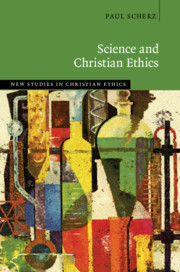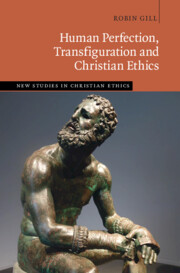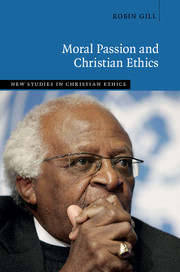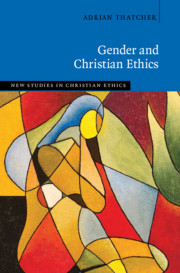Science and Christian Ethics
There is a growing crisis in scientific research characterized by failures to reproduce experimental results, fraud, lack of innovation, and burn-out. In Science and Christian Ethics, Paul Scherz traces these problems to the drive by governments and business to make scientists into competitive entrepreneurs who use their research results to stimulate economic growth. The result is a competitive environment aimed at commodifying the world. In order to confront this problem of character, Scherz examines the alternative Aristotelian and Stoic models of reforming character, found in the works of Alasdair MacIntyre and Michel Foucault. Against many prominent virtue ethicists, he argues that what individual scientists need is a regime of spiritual exercises, such as those found in Stoicism as it was adopted by Christianity, in order to refocus on the good of truth in the face of institutional pressure. His book illuminates pressing issues in research ethics, moral education, and anthropology.
- The book is interdisciplinary, using Christian ethics, ancient philosophy, philosophy of science, and social studies of science
- Focuses on the practice of science and draws on the author's experience in biomedical research, as well as other contemporary examples from scientific research
- Distinguishes Aristotelian and Stoic approaches to clarify models of ethics that are often confused in many contemporary studies of moral formation
Reviews & endorsements
'An incisive critique of the contemporary practice of science, a brilliant reconstruction of a Stoic-Christian ethic of moral and spiritual practices, and a compelling argument for reorienting virtue ethics around the question of how to cultivate virtue in the midst of corrupt institutions and practices. This lucid, thoughtful, and engaging book is a landmark contribution to the ethics of science and to Christian virtue ethics.' Gerald McKenny, University of Notre Dame, Indiana
'Paul Scherz's fascinating and important book … offers a Christian ethical analysis of the practice of science … I have already begun recommending it to colleagues, doctoral students and scientists with an interest in ethics. It is a valuable contribution to a neglected aspect of the literature on science, theology and ethics. For anyone concerned about the malaise of contemporary science diagnosed by Scherz, it will be troubling and challenging, but essential, reading.' Neil Messer, Studies in Christian Ethics
'… an open-minded reader will find a great deal of constructive advice on changing scientific culture that can be appreciated by people of any religion or none.' Paul Scherz, The Heythrop Journal
'This book will be of interest to Christian scientists who wish to combine their academic work and Christian discipleship, as well as those interested in professional ethics.' Aaron Klink, Religious Studies Review
'… a timely and highly original work.' W. Richard Bowen, Reviews in Science, Religion and Theology
Product details
May 2019Hardback
9781108482202
240 pages
235 × 156 × 19 mm
0.5kg
Available
Table of Contents
- 1. The crisis in science
- 2. The scientist entrepreneur
- 3. Teleology and the craft of science
- 4. The practices that shape the entrepreneurial subject
- 5. Reshaping the entrepreneurial subject
- 6. Acquiring the virtue of truth-speaking in science
- 7. Subjectivity, truth, and theological anthropology.







